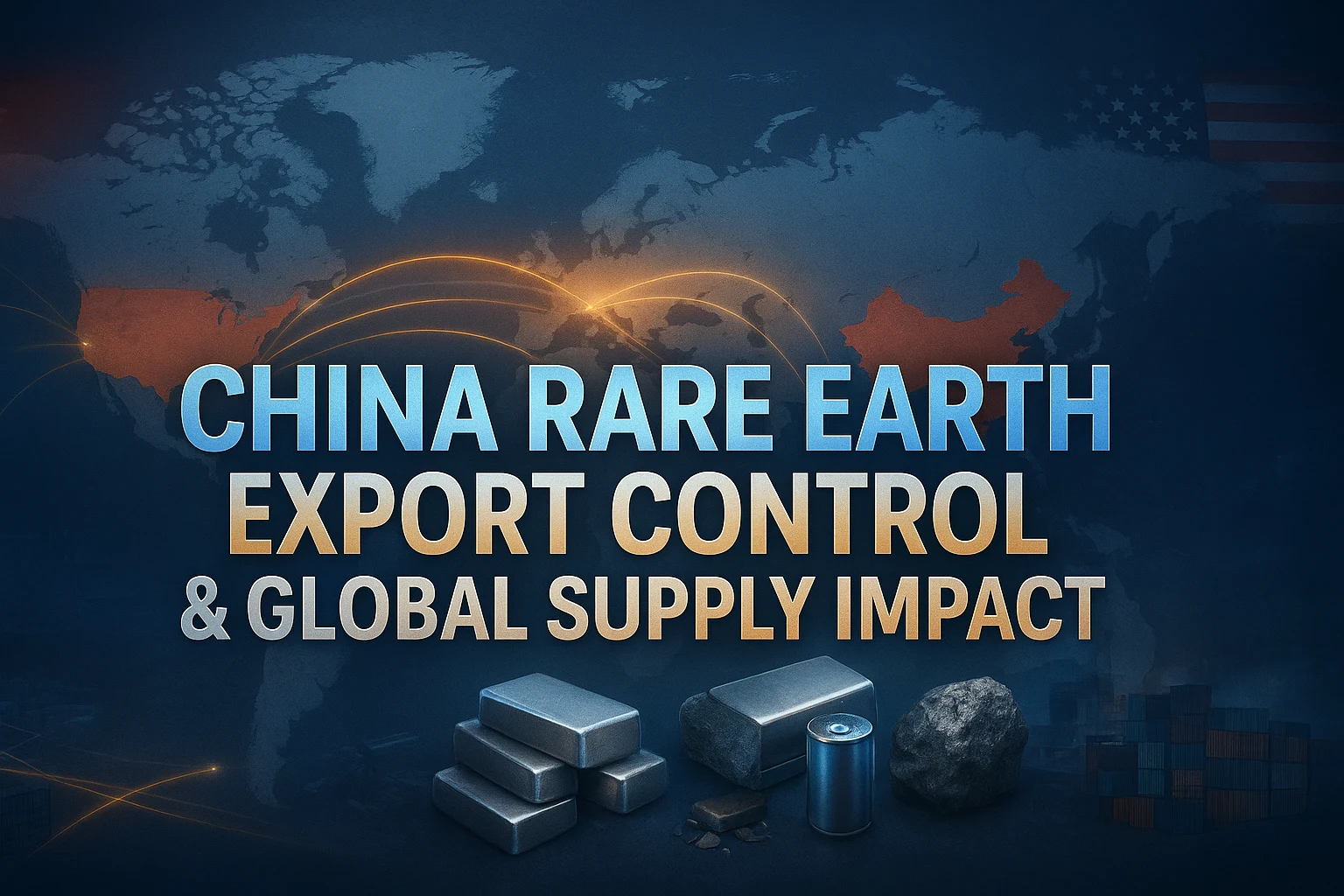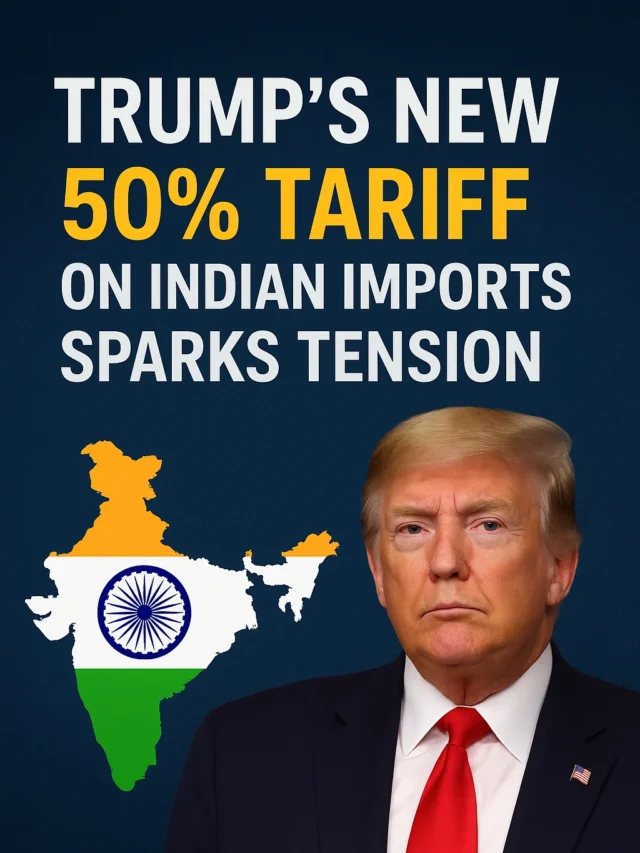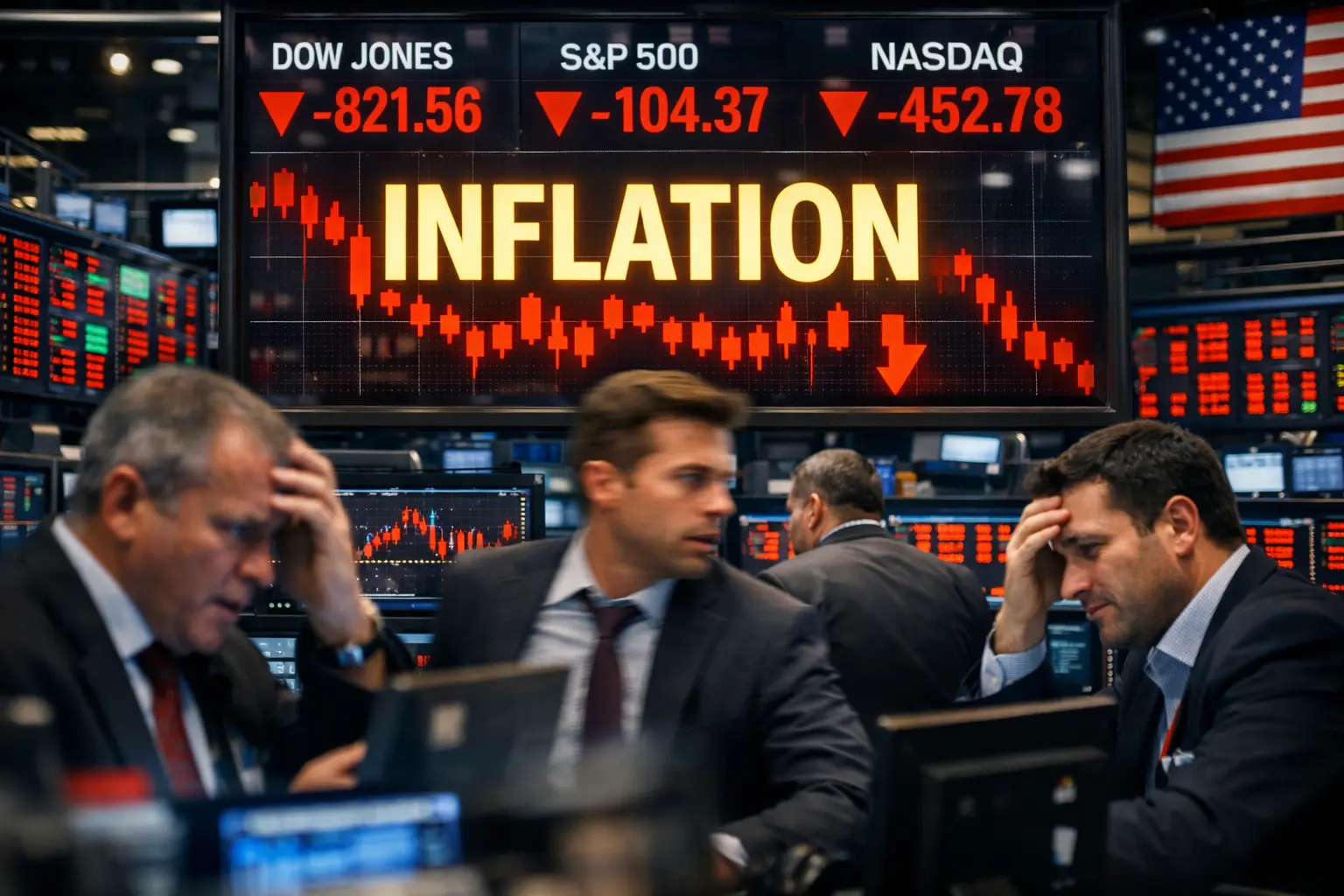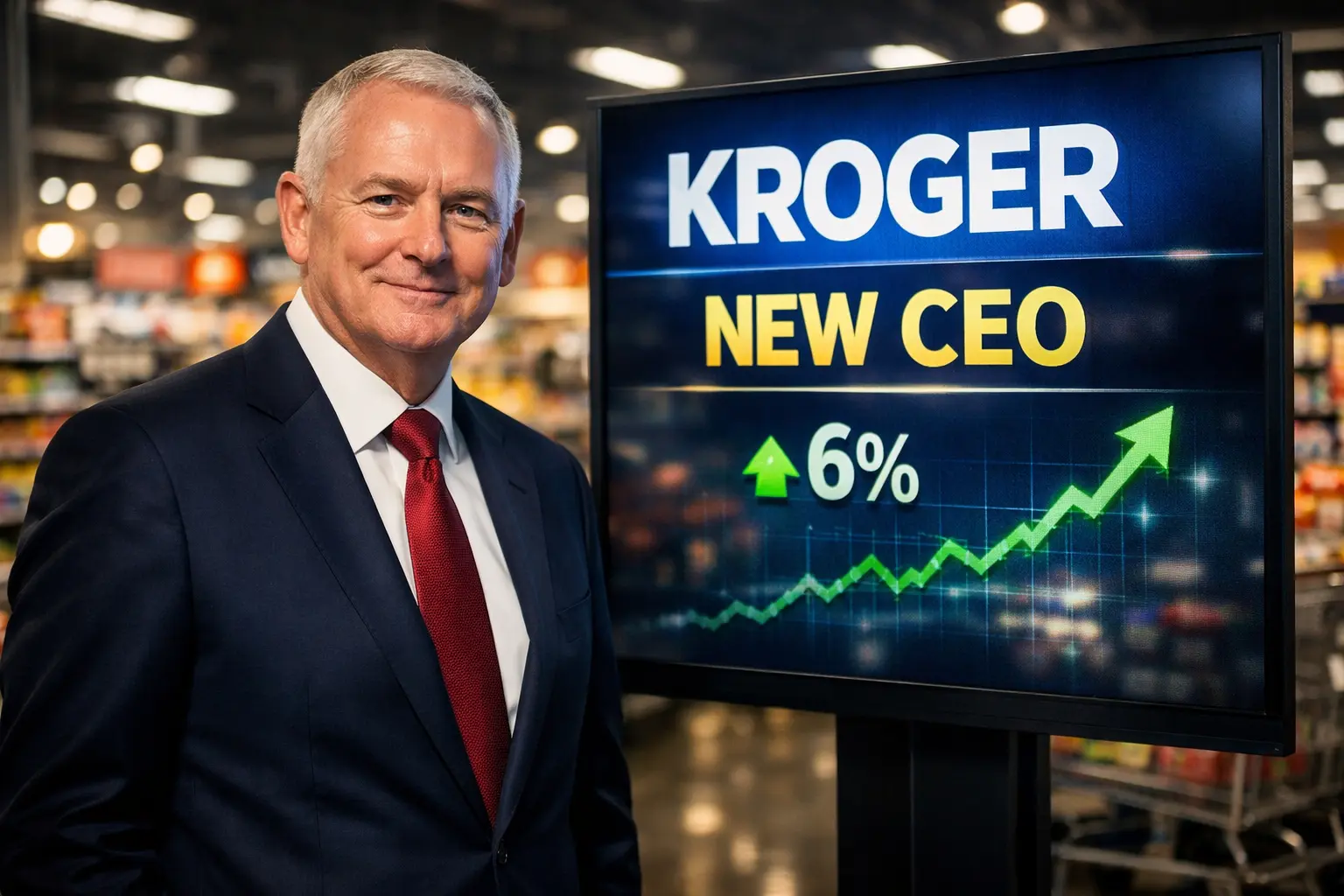China’s recent export regulations have made it clear that the supply chains on which the world’s high-tech and defense industries depend are no longer seamless. In particular, China has expanded the scope of its “China Rare Earth Export Control,” impacting global supply chains.
Rare Earth Elements (REEs) are minerals used in everything from smartphones to electric vehicles, wind turbines, laser systems, and defense equipment. China has been the world’s leading producer and processor of these elements. For example, China accounts for more than 90% of total mining, refining, and magnet production (according to some estimates).

🌍 Rare Earth Elements (REEs) – Key Highlights
- ✅ Used in smartphones, electric vehicles, wind turbines, and defense systems.
- 🌏 China remains the world’s top producer and processor of REEs.
- ⚙️ Vital for laser systems, magnets, and high-tech manufacturing.
- 📊 China controls over 90% of global mining, refining, and magnet output.
- 🔋 Key driver for the clean energy and technology revolution.
Why was this step taken?
There are several reasons behind the China Rare Earth Export Control. China has taken this step due to national security, technological autonomy, and geopolitical pressure. For example, China has announced that certain rare earth elements, their alloys, and related processing equipment will also be controlled, and that foreign products containing Chinese-produced elements or technology will also require licensing.
Under this policy, China has added five new “heavy” rare-earth elements to its control list in recent weeks: holmium, erbium, thulium, europium, and ytterbium. In addition, China has also brought under control the equipment, chemicals, and process technologies used in the mining, refining, and magnet manufacturing of these elements.
Impact on global supply chains
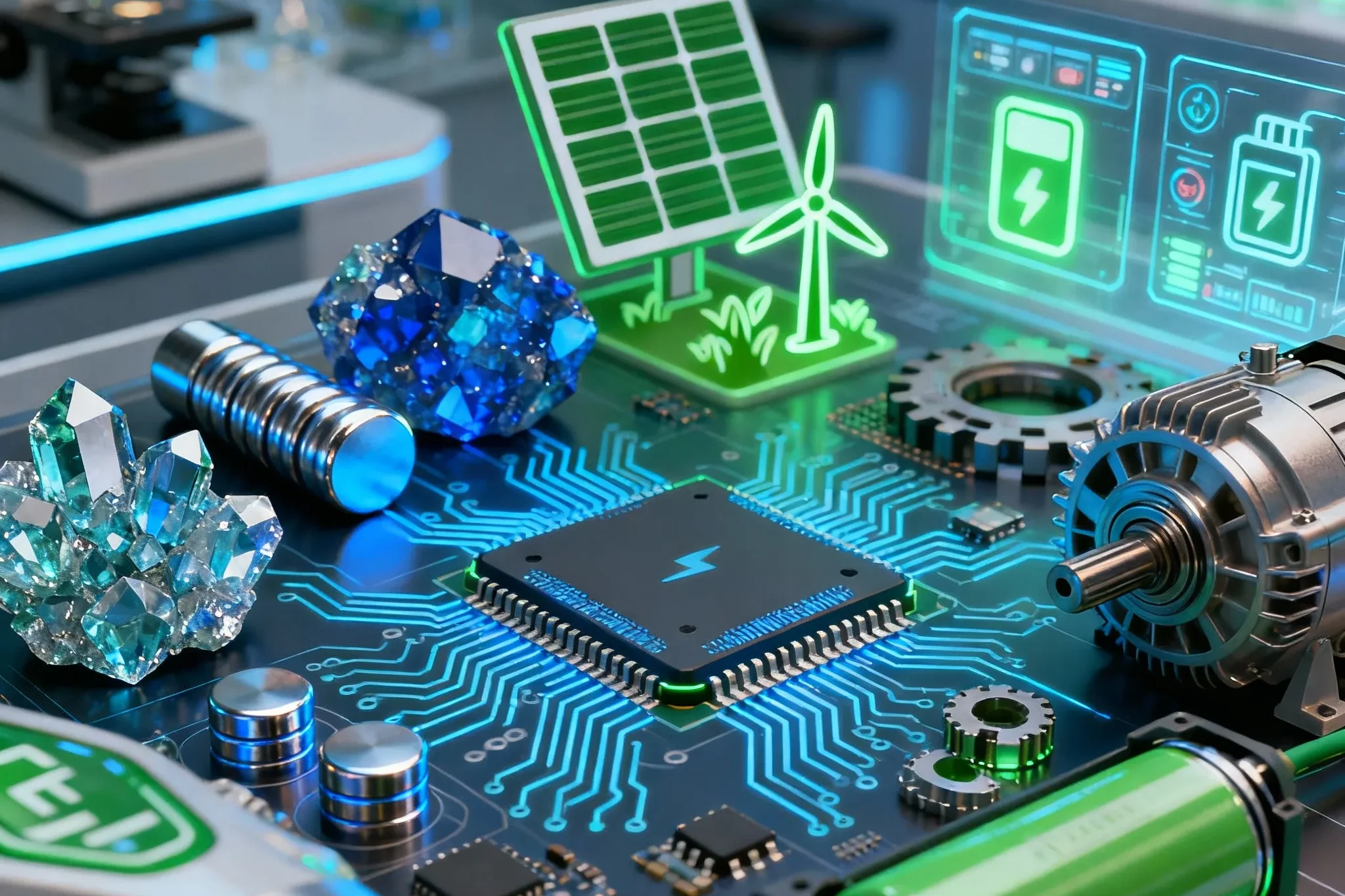
This “China Rare Earth Export Control” by China could impact global industries on a large scale. For example, electric vehicle manufacturers, semiconductor companies, and defense-equipment companies in the United States have been heavily dependent on China for the source of these elements.
Analysts warn that if China does indeed tighten exports, it could lead to higher production costs, delay deliveries, and undermine competitiveness in the technology sector. The US and its allies have also begun taking steps in this direction—for example, the US-Australia have formed a major “critical minerals” partnership, seeking to reduce dependence on China.
For US-based readers, it’s important to understand that the China Rare Earth Export Control is not just a China-challenged issue but could pose a fundamental problem for US technology, defense, and clean-energy industries. For example, if US companies cannot receive rare-earth magnets or processing technology from China promptly, their production chains could be disrupted.
At the same time, the US government has increased investment in promoting domestic rare earth production, developing recycling technologies, and finding alternative sources. This is a sign that US policymakers are now viewing this sector strategically.
The Future – Challenges and Opportunities
Given the impact of the China Rare Earth Export Control, global companies face challenges: restructuring supply chains, finding alternative sources, and developing risk-management strategies. There are also opportunities: for example, the US or other countries could invest in rare-earth mining and reclamation, expand the recycling industry, and work toward technology autonomy.
If China persists with this policy, China-dependence in global industries could decrease in the long run, and a phase of reshoring or diversification in the supply chain could accelerate.
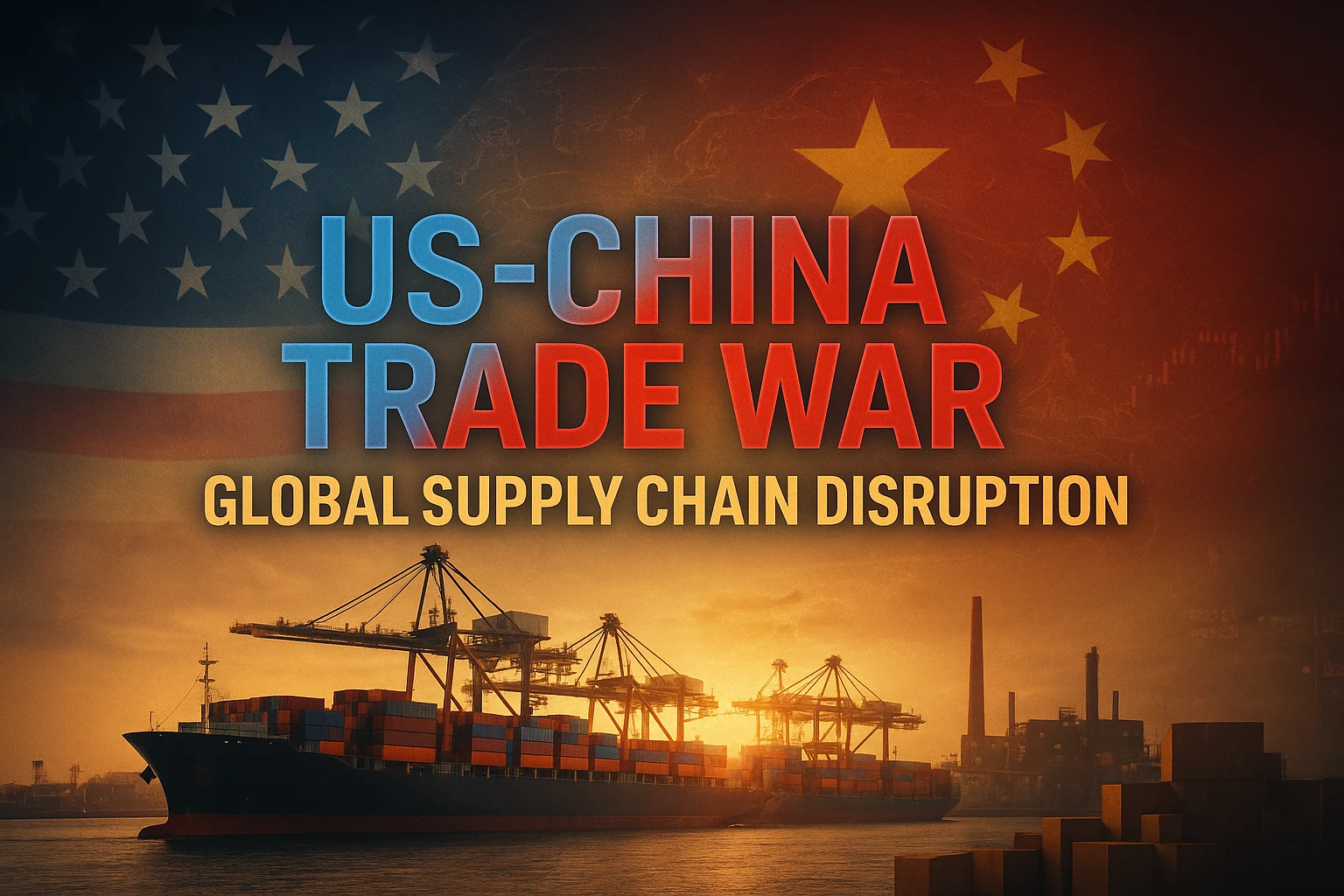
When Trade Wars Spill Over:
Impact of US-China Conflict on Global Supply Chains
Explore how ongoing tensions between the US and China are reshaping global trade routes, affecting supply chains, and influencing markets worldwide.
Read Full ArticleConclusion
In short, China’s implementation of the China Rare Earth Export Control is not just a trade issue, but a strategic move impacting the technology world, the energy transition, and the defense sector. American investors, policymakers, and technology companies cannot remain unaware of this shift. It remains to be seen how the global supply chain will adapt to this new era—and whether the United States can overcome China’s position of power.
Also read:
🔷 When Trade Wars Spill Over: Impact of US-China Conflict on Global Supply Chains
🔷 Trump vs Microsoft: Trump demands removal of Lisa Monaco – what is the matter?
🔷 US Regional Banks Alert: Bad Loans and Fraud Claims Shake Confidence


